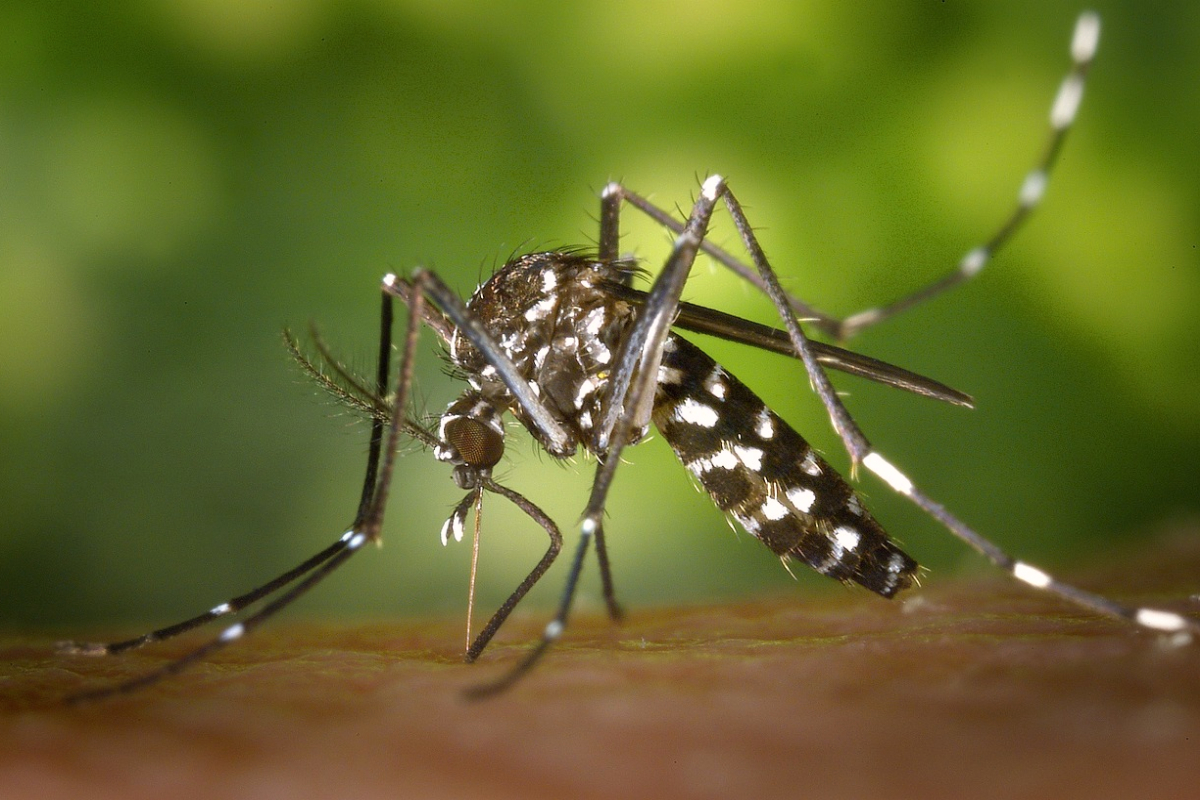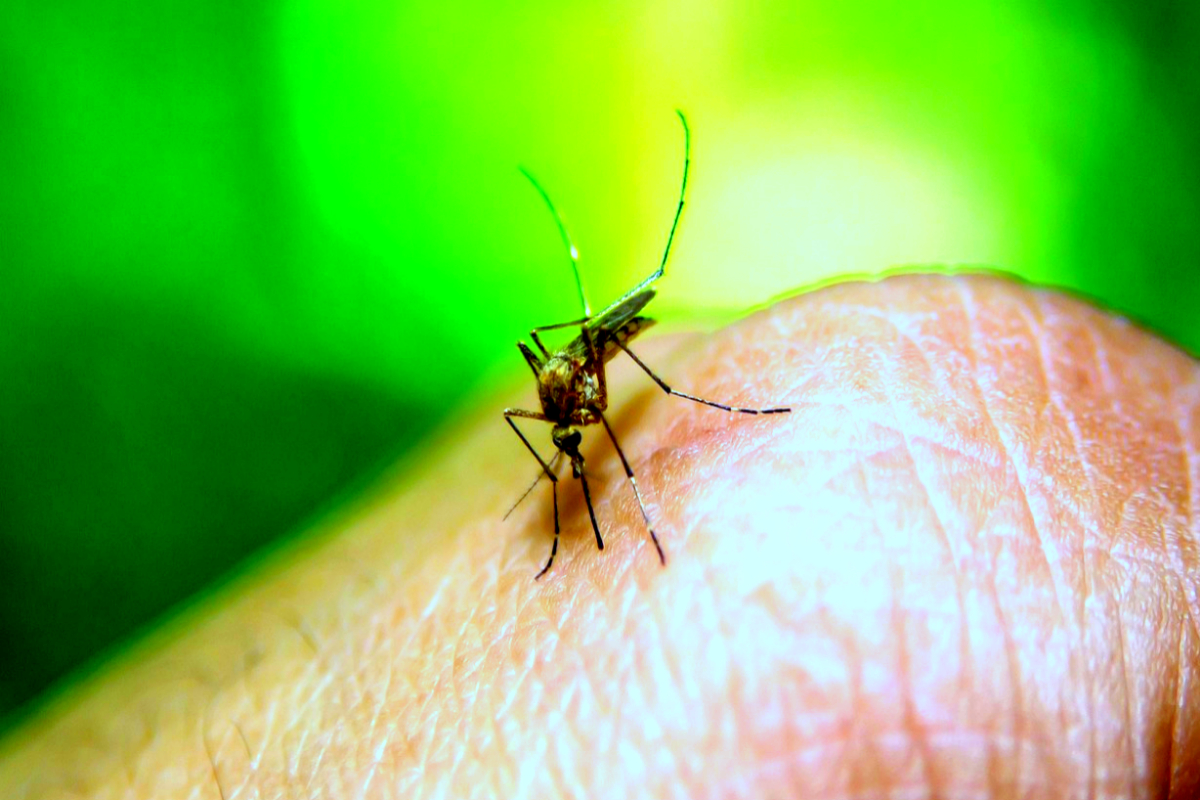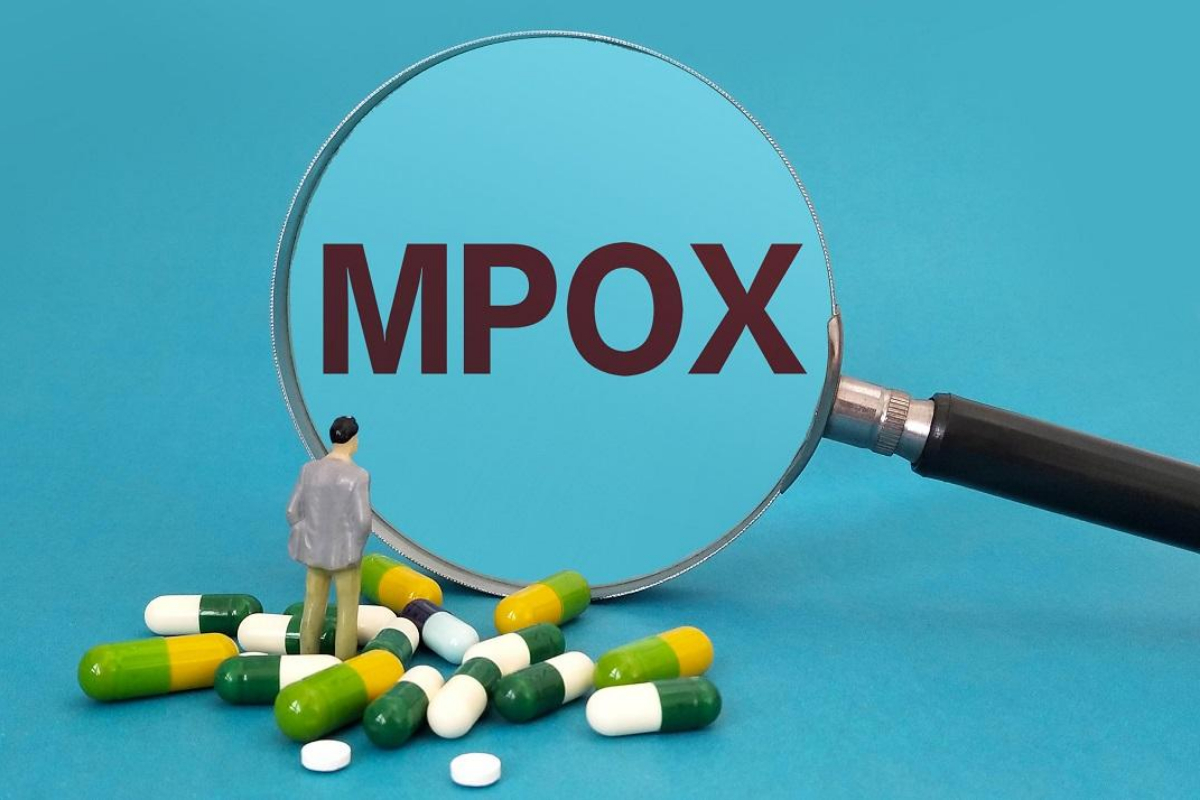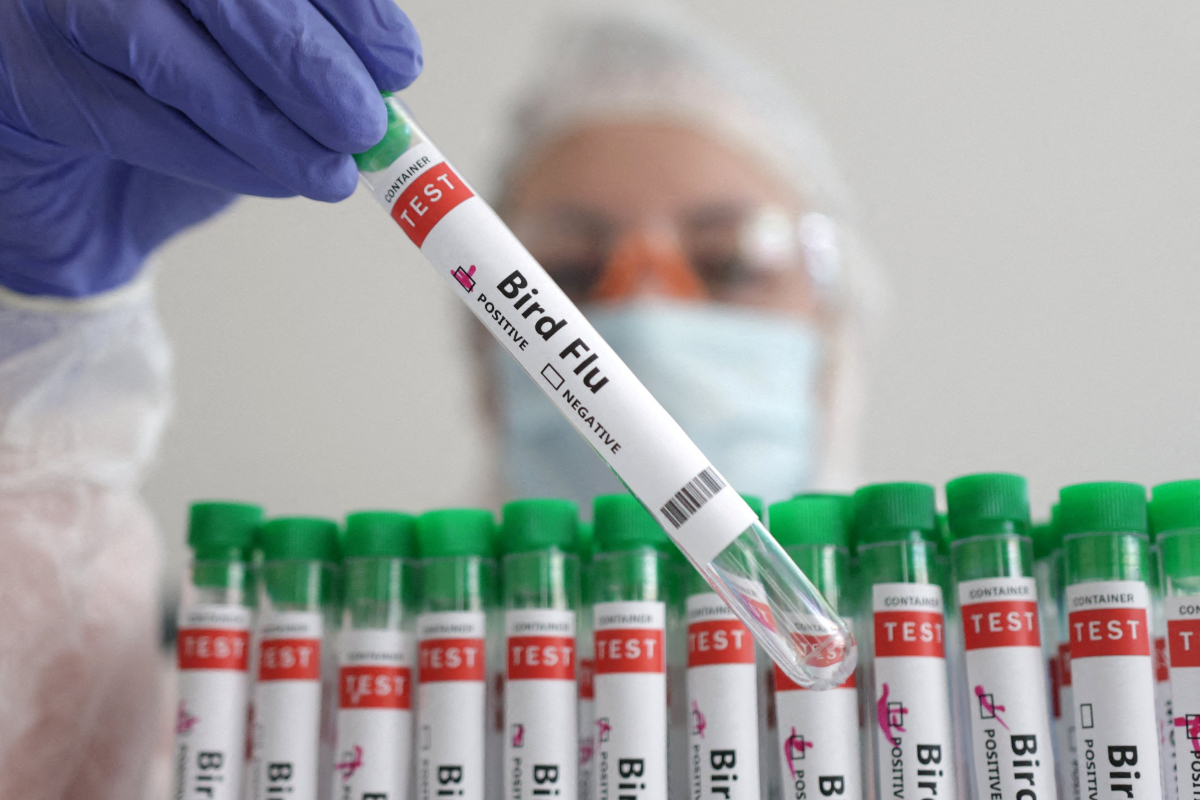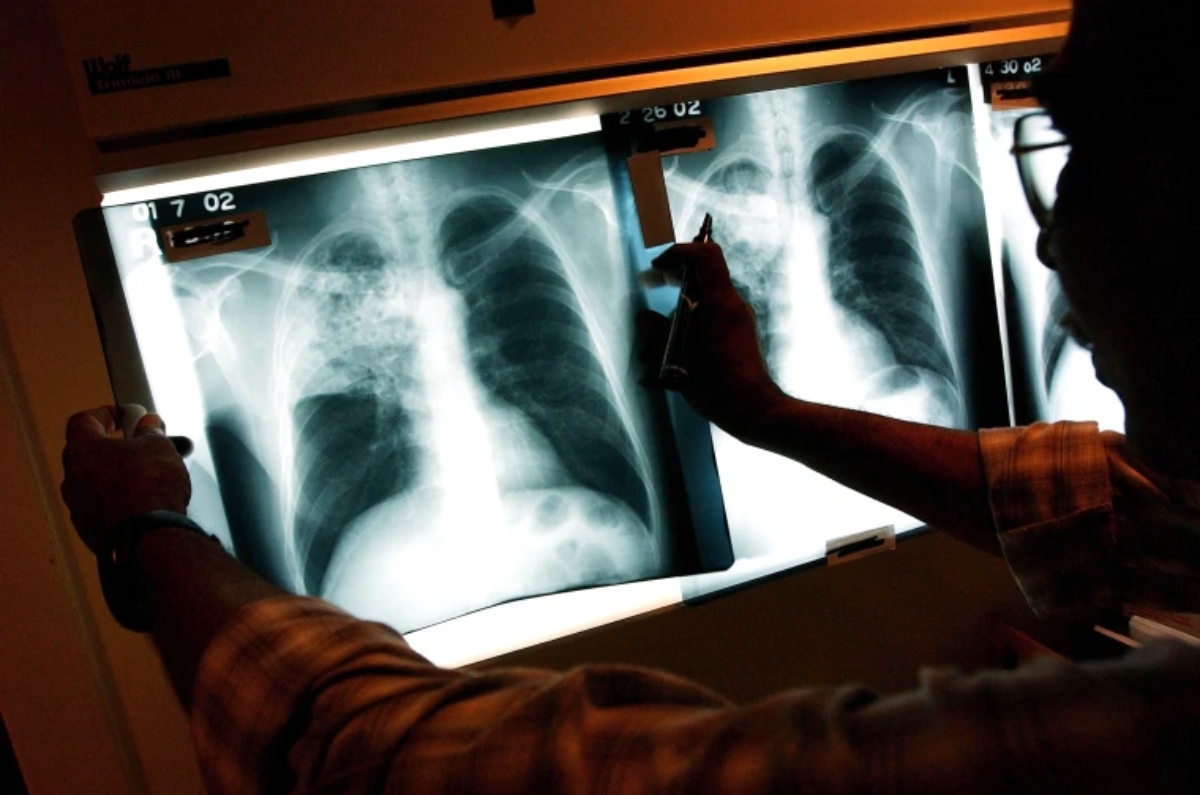Cerebrovascular disease, also known as a vascular brain disease, refers to a group of conditions that affect blood vessels and blood circulation in the brain, including stroke and vascular malformation.
Cerebrovascular disease is the world’s second leading cause of death, after cancer. Cerebrovascular diseases, in addition to causing physical disability, can lead to the development and progression of cognitive impairment and dementia.
Furthermore, experts link subclinical cerebrovascular damage that is, brain abnormalities observed in the early stages of the cerebrovascular disease before symptoms appear to an increased risk of dementia.
Healthy lifestyle changes, such as changing one’s diet, increasing physical activity, and quitting smoking, can reduce the risk of cerebrovascular disease.
For example, there is a link between eating more fish and having a lower risk of stroke. Fish is high in omega-3 polyunsaturated fatty acids, which may help to mediate the benefits of fish on cerebrovascular health.
However, there is conflicting evidence that fish consumption reduces vascular brain damage before the onset of cerebrovascular disease.
A recent cross-sectional study looked at the relationship between fish consumption and vascular brain damage in healthy older adults before the onset of cerebrovascular disease.
The study found a link between eating fish two or more times per week and lower levels of brain abnormalities associated with vascular brain damage, particularly in people under the age of 75.
“Our results are exciting because they show that something as simple as eating two or more servings of fish each week is associated with fewer brain lesions and other markers of vascular brain damage, long before obvious signs of dementia appear,” says the study’s senior author, Dr. Cecilia Samieri, a senior researcher at the University of Bordeaux in France. “However, eating that much fish had no protective effect in people 75 and older.”
Fish consumption and subclinical cerebrovascular disease

With the use of a simple questionnaire, the researchers analyzed the individuals’ weekly intake of several dietary items, including meat, fish, fruits and vegetables, legumes, and cereals.
They looked examined the link between the global burden of cerebrovascular illness and the frequency with which people eat fish. They discovered a relationship between eating more fish and having lower levels of cerebrovascular disease markers.
Participants who ate fish twice or more per week had lower levels of cerebrovascular disease indicators than those who ate fish less frequently.
Furthermore, age influenced the strength of the link between lower levels of cerebrovascular disease markers and frequency of fish consumption. This link was best among those aged 65–69 years old, but it was not statistically significant among those aged 75 and up.
After controlling for a variety of factors such as age, sex, physical activity levels, education levels, brain volume, and food intake, the researchers found comparable results.
High blood pressure is linked to an increased risk of cerebrovascular disease, according to specialists. Regardless of the individuals’ age, the authors of the current study found a comparable link between cerebrovascular disease marker levels and high blood pressure.
The researchers evaluated the influence of high blood pressure on cerebrovascular disease indicators with the frequency of fish consumption to put the findings into context.
Fish consumption twice a week had a comparable effect on cerebrovascular disease marker levels in participants aged 65–69 years as high blood pressure, albeit in the opposite direction.
Furthermore, the effect of eating fish four or more times per week on vascular brain injury markers was twice as large as the effect of high blood pressure.
Medical News Today spoke with Dr. Jyrki Virtanen, an associate professor at the University of Eastern Finland who was not engaged in the study.
“This is a fascinating and possibly important study,” he added, “since it shows that fish consumption can be helpful to the brain and that advantages can be detected even before overt indications or symptoms arise.”
“The magnitude of the association was also quite significant, as it was about similar to hypertension (a major risk factor for cerebrovascular disease), but in the opposite direction.” Dr. Jyrki Virtanen stated.
He added, “A noteworthy finding was that the favorable connection was mostly noticed among the younger participants.” “This could imply that in order to reap the benefits of fish consumption on brain function, one should begin eating fish at a young age.”















